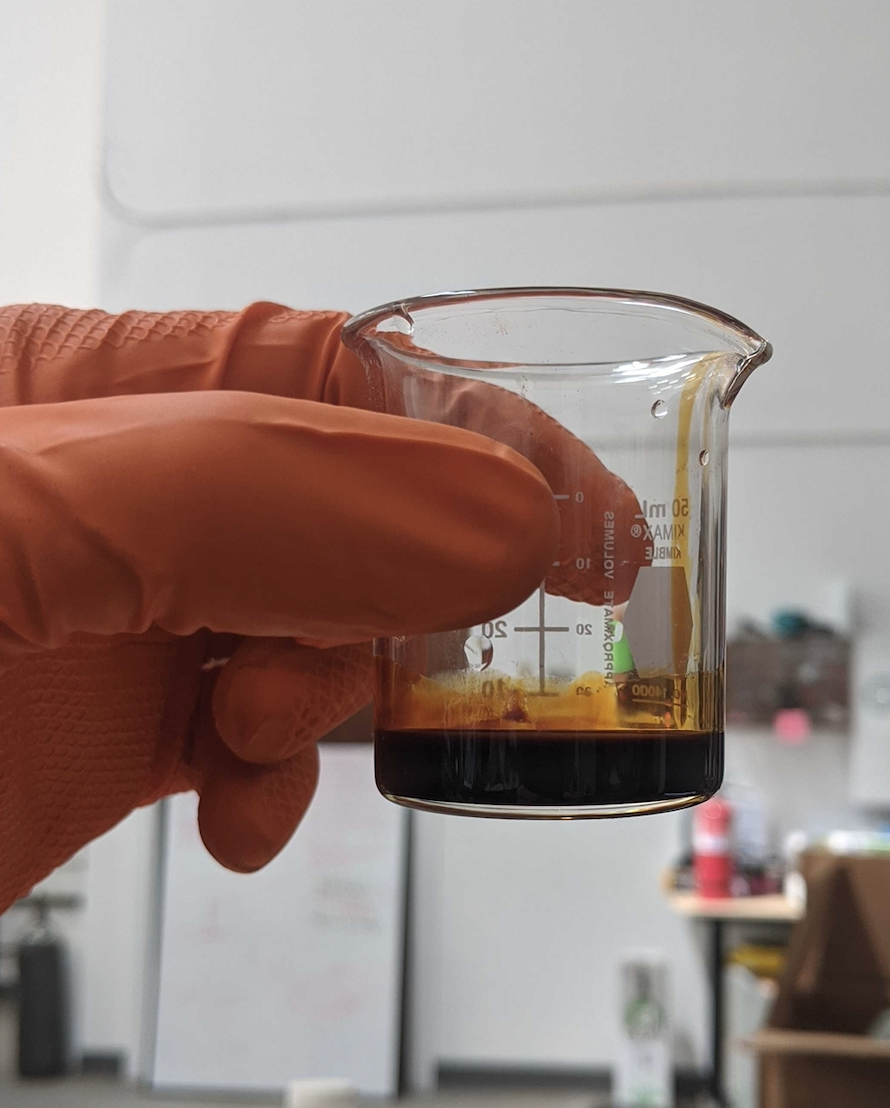Institute for Governance & Sustainable Development: Grantee Spotlight (2025)
Overview
The Giving Green Fund plans to award an unrestricted grant to the Institute for Governance & Sustainable Development (IGSD), which will support its campaign to stop “environmental dumping” of new inefficient cooling equipment. IGSD is a US-based nonprofit focused on slowing near-term warming as quickly as possible.
IGSD’s work falls within our philanthropic strategy of supporting a clean energy transition in low- and middle-income countries. Please see Giving Green’s strategy report for more information, including risks and potential co-benefits, recommended sub-strategies, theory of change, funding need, and key uncertainties.
Last updated: October 2025
What is IGSD?
IGSD is a US-based nonprofit, founded in 2003, focused on “fast-action” climate mitigation. It targets reductions in non-CO2 greenhouse gases that have shorter lifetimes than CO2 and much higher global warming potential (GWP). Often referred to as “climate super pollutants,” they include methane, hydrofluorocarbons (HFCs), black carbon soot, tropospheric ozone, and longer-lived nitrous oxide. IGSD’s approach to fast mitigation includes science, technology, climate finance, and law and policy. IGSD works at the international, regional, national, and subnational levels.
What are we funding at IGSD, and how could it help reduce greenhouse gas emissions?
New but obsolete cooling equipment can increase greenhouse gas emissions by leaking HFCs and consuming excessive energy. This is a concern as demand for cooling grows, especially in emerging economies with high potential for air conditioning (AC) sales growth.
IGSD, in collaboration with partner organizations, works to prevent the dumping of cheap but energy-inefficient ACs and other cooling equipment that use ozone-depleting and climate-warming refrigerants in climate-vulnerable low- and middle-income countries (LMICs). Dumped cooling equipment is typically prohibited from the market in the country that ships or markets the cooling products to countries that have yet to prohibit such imports, or do not have the capacity to protect themselves from such imports
IGSD has monitored and reported on multinational companies that export or market energy-inefficient cooling equipment to other countries, and has developed expert information that guides policymakers and their advisors on tools and strategies to prevent dumping. In addition to reducing HFCs and ozone-depleting substances, we think IGSD’s work can help promote the use of more efficient units by reducing the market share of inefficient, climate-harmful units, which would mitigate emissions from the electrical grid compared to the counterfactual. This would also help low- and middle-income countries access affordable, next-generation technology that will provide safe, efficient, and reliable cooling for many years to come.
IGSD plans to use Giving Green’s funding to develop a global stop dumping media campaign. The campaign will support actors at both regional and global levels to strategically raise the profile of anti-dumping calls to action with diverse stakeholders across policy and cultural contexts. Additionally, the funding will enable IGSD to create and deploy a guide and strategy to help address persistent “grey areas” in the Montreal Protocol policy that facilitate the dumping in vulnerable LMICs of refrigerants already inside exported air conditioning (AC) (i.e. pre-charged in AC units). This guide will clarify Montreal Protocol measures for countries that import and export ACs, provide insights into areas requiring strengthening, and recommend actions to prevent excessive "dumping" of these pre-charged units.
Why do we think IGSD will use this funding well?
Since 2018, IGSD has helped define the dumping problem, develop solutions, and recruit and train partners to ensure the campaign expands, endures, and delivers real change for climate-vulnerable LMICs undergoing energy transitions. Our impression is that IGSD has cultivated strong relationships among its stakeholder network, which boosts its chances of success. For example, IGSD has partnered with several country partners, CLASP, the Climate & Clean Air Coalition, the United Nations Environment Programme, and others to ensure the program endures and expands. We think that with additional funding to support its stop-dumping campaign, IGSD can strengthen and expand this work to other geographies and sectors.
Giving Green believes that additional climate donations are likely to be most impactful when directed to our top nonprofits. For several reasons, we may choose to recommend grants to other organizations for work that we believe is at least as impactful as grants to our top recommendations. We are highlighting this grant to offer transparency to donors to the Giving Green Fund as well as to provide a resource for donors who are particularly interested in this impact strategy. This is a nonpartisan analysis (study or research) and is provided for educational purposes.
Support Our Work
Giving Green Fund
One fund. Global impact. One hundred percent of your gift supports a portfolio of high-impact climate organizations, vetted by our research.
Best for:
Donors who want the simplest way to impact multiple climate solutions.
Top Climate Nonprofits
Meet the organizations on Giving Green’s list of high-impact nonprofits working to decarbonize our future, identified through our rigorous research.
Best for:
Donors who want to give directly and independently.
Support Our Work
We thoroughly research climate initiatives so you can give with confidence. For every $1 we receive, our work unlocks another $21 for effective climate solutions.
Best for:
Donors who want to amplify their impact through research.
.png)
.png)
.png)
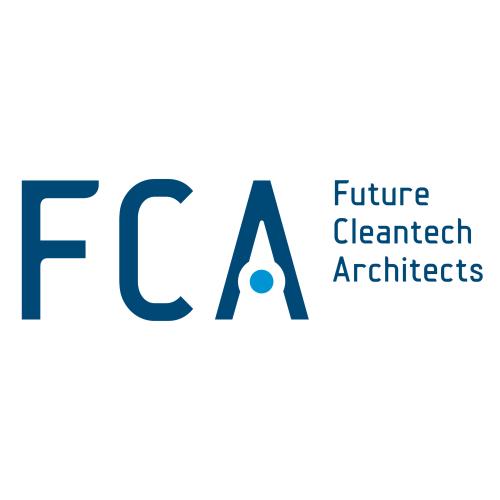

.png)


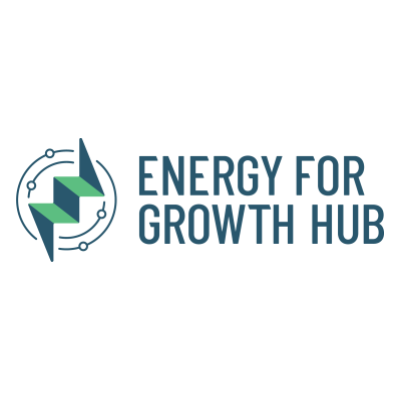
.png)
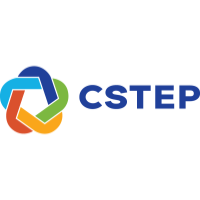




.png)
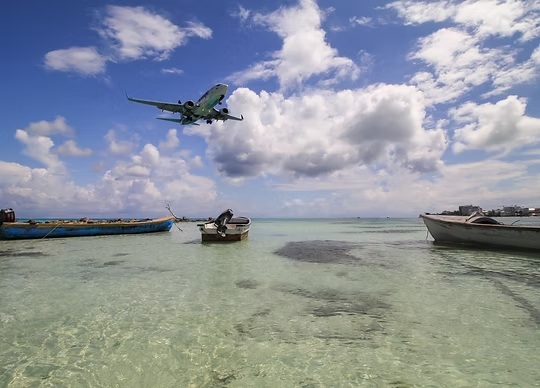



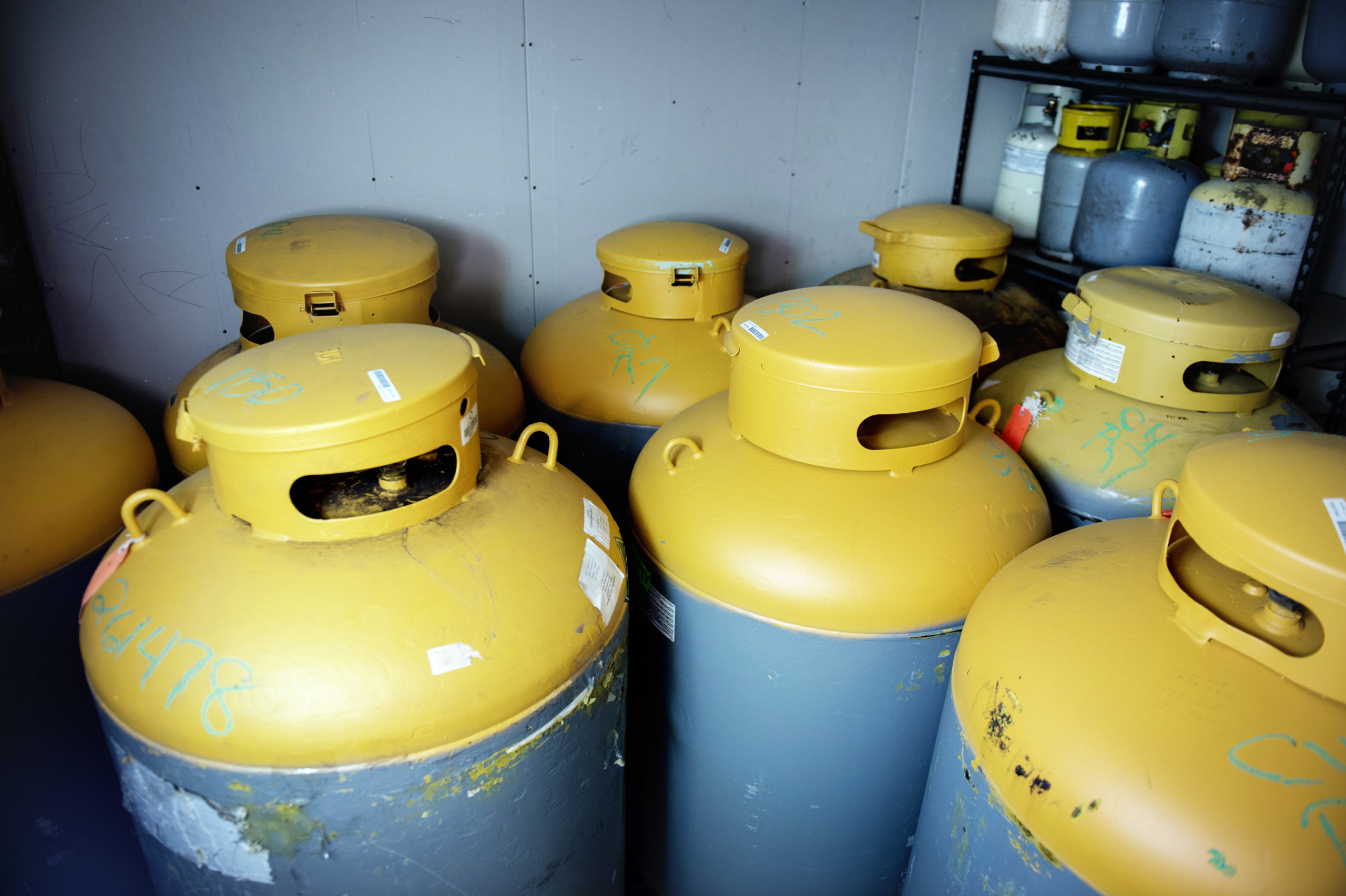
.png)

.png)


.png)


.png)


.png)


.png)
.png)
.png)

.png)
.png)




.png)

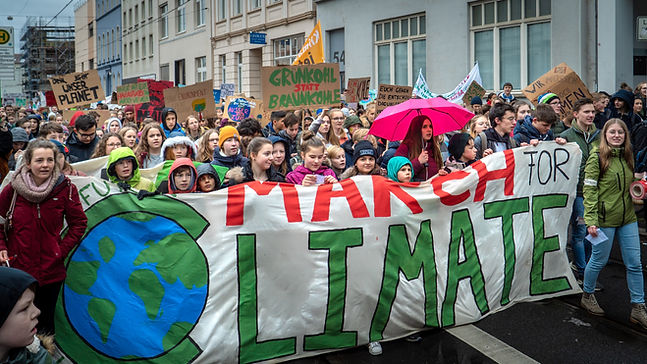

.png)
.png)

.png)
.png)
.png)

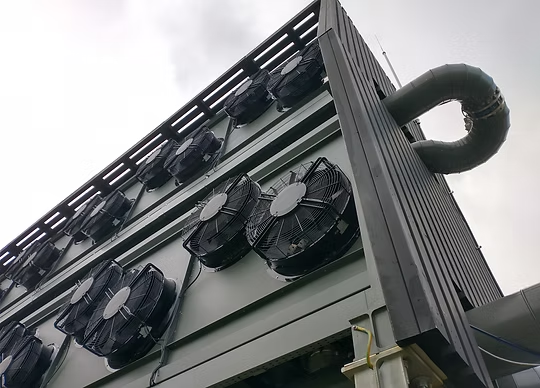
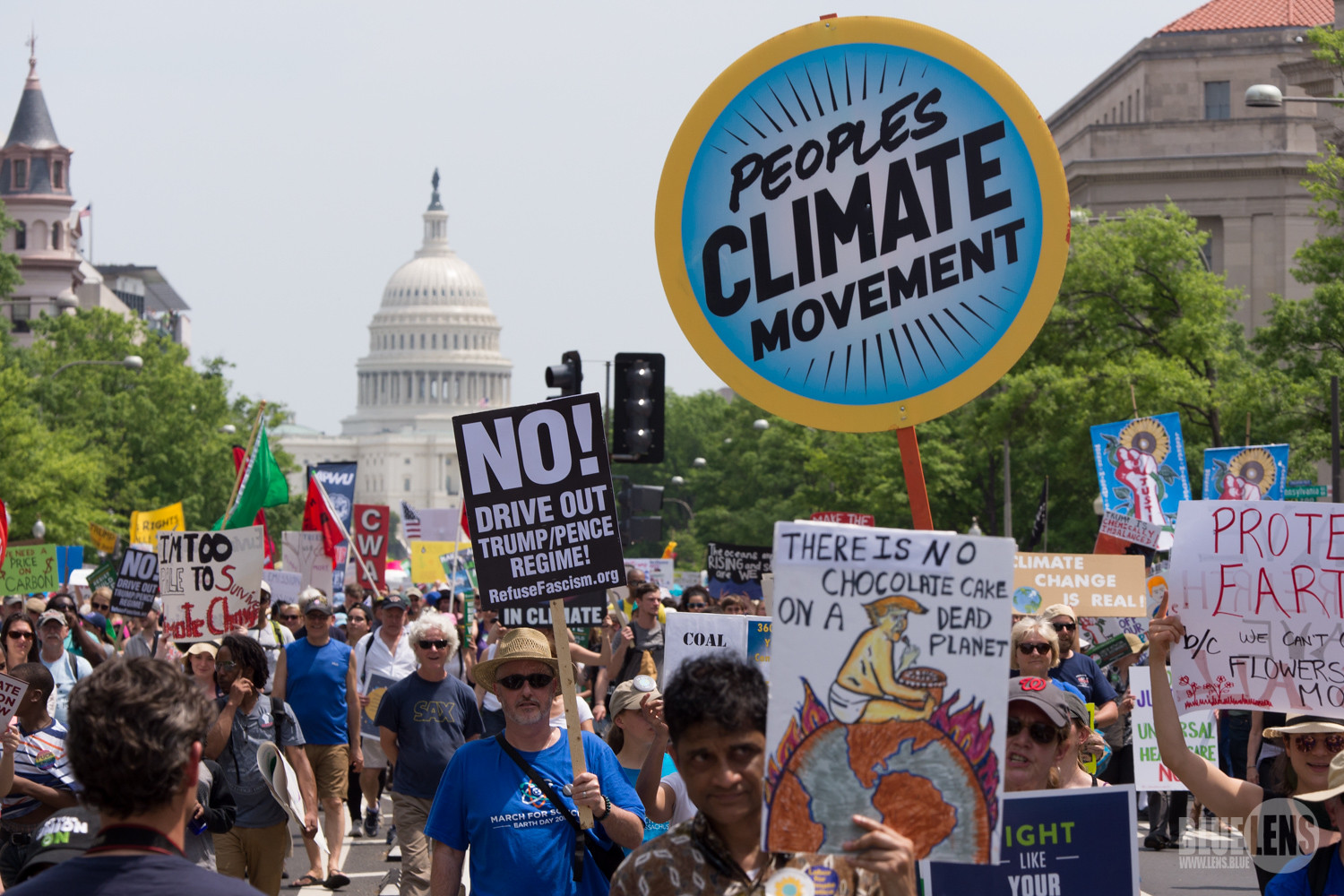

.png)
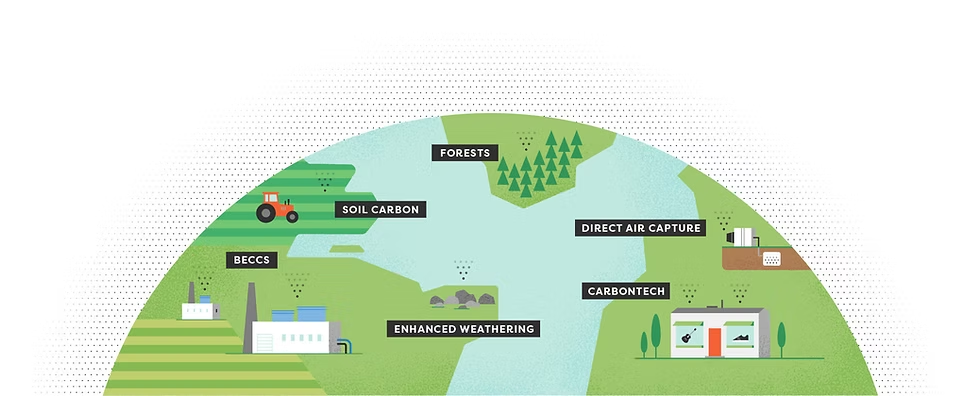


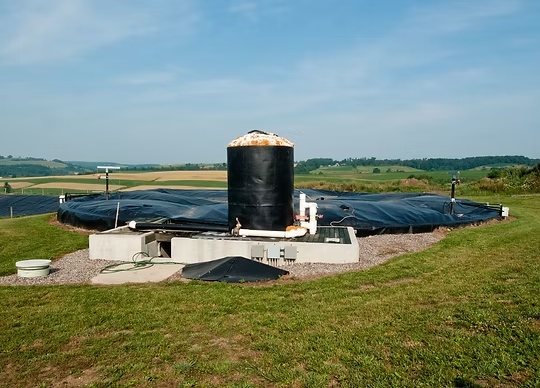

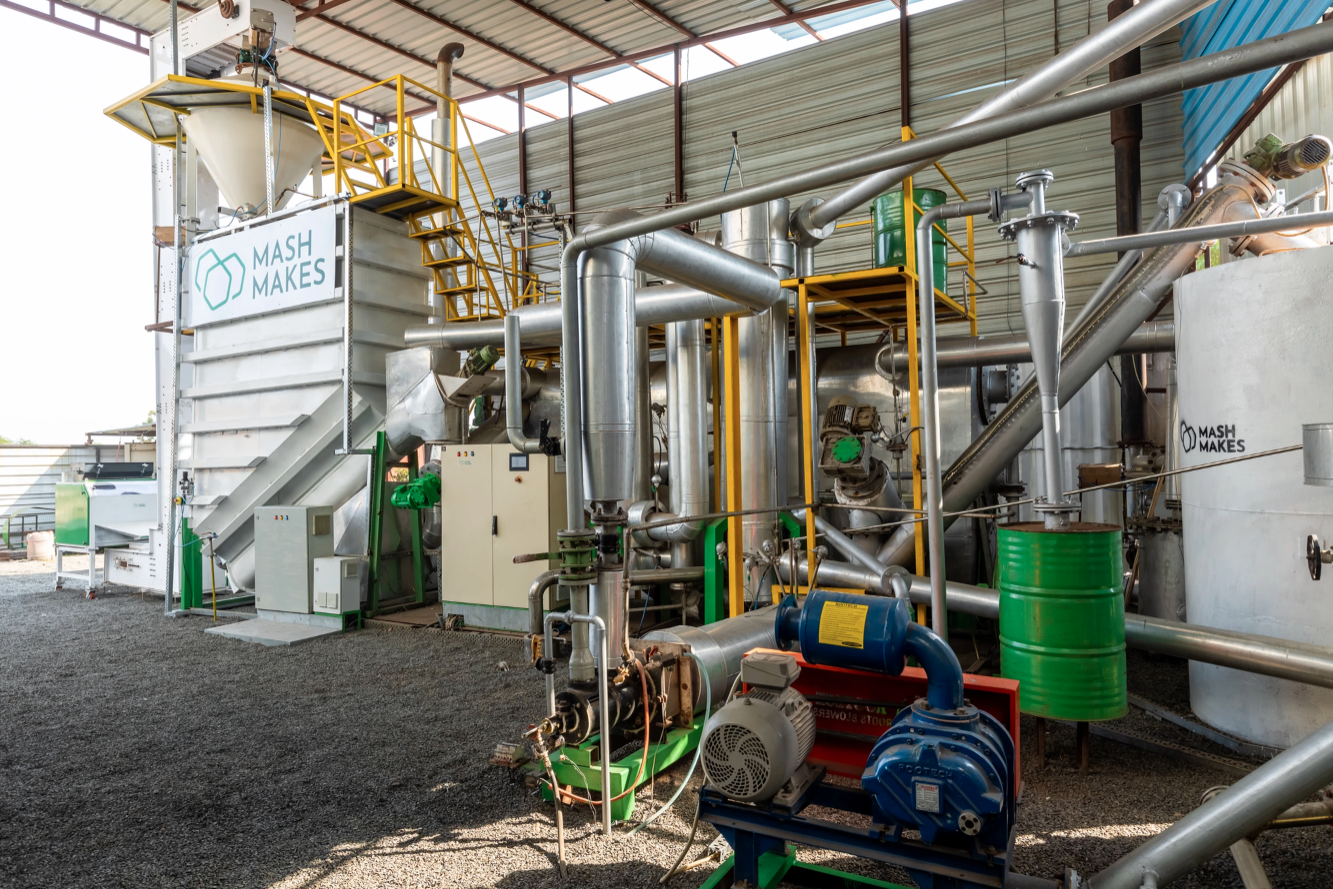


.png)
.png)
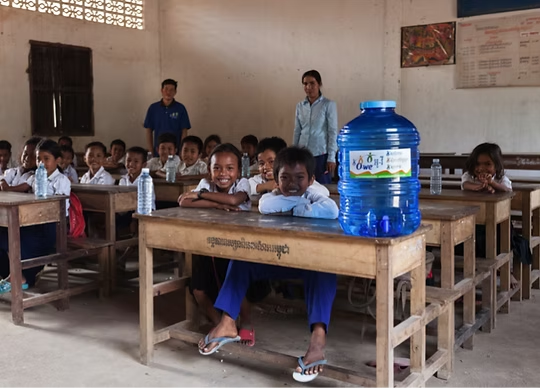

.png)
.png)
.png)
.png)
.png)

.png)
.jpg)

.png)

